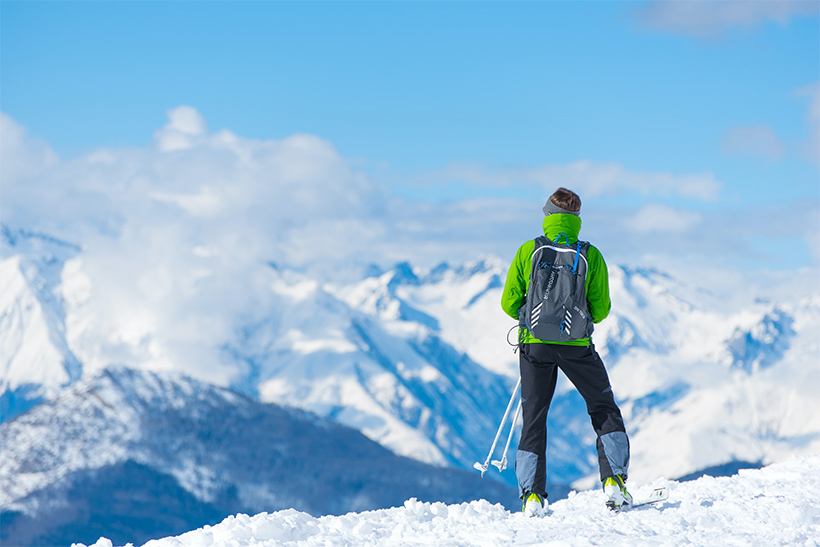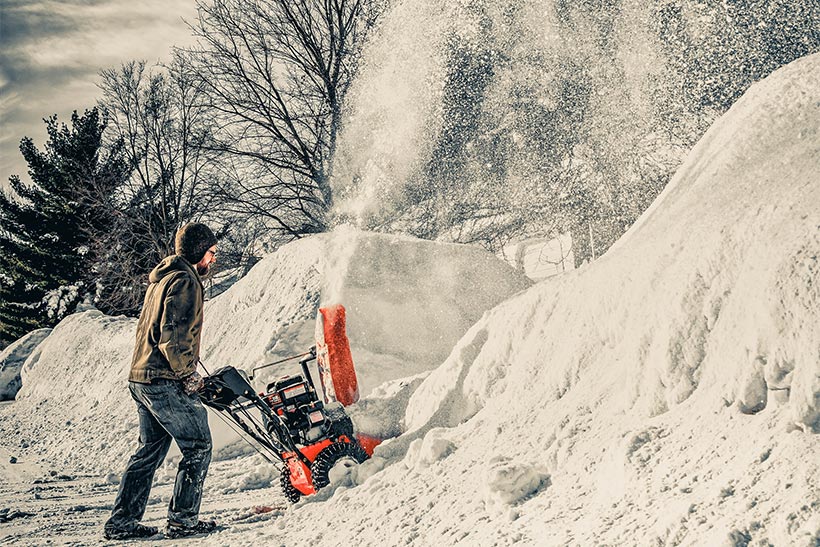Pros and Cons of Moving to a Cold State
Suppose you live in a hot and humid state or even a mildly continental one and want to move to a colder state. To make a good decision, you have to be aware of every factor regarding moving to a colder state. What are the advantages and disadvantages? Will you enjoy the upcoming change? Or will you regret the decision? The only way to know for definite is simply moving there, which can be a pretty expensive process. So, if you are thinking about moving to a cold state and aren't sure whether it is the right choice, read the following article to help you decide.

Pros of Moving to a Cold State
1. Metabolism
Living in a colder climate burns more calories since your body needs to work much harder to maintain its temperature (37°C). So, it's scientifically proving that being in a colder environment will burn more calories than it would in a warmer setting.
By science, you'll burn thirty percent calories more than in a warm climate, making losing weight a breeze.
2. Concentration

It is believed that cold weather helps you think more clearly, meaning you can tackle cognitive problems easier. Why?
Since the brain needs glucose to function normally, the body uses more glucose to keep your body temperature in order when it's warm outside, leaving less glucose for your brain to use for cognitive functions.
3. Allergies
If you are prone to allergies, especially pollen found in weeds, trees, and grass, we're happy to announce that the cold climate can save you since pollen counts almost don't exist there. Snow enables you to live allergy-free throughout the year.
4. No Insects

Another great advantage of moving to a cold state is that there are fewer insects to bug you. There will be no mosquitos and ticks here and insect-related diseases, which isn't the case in a milder climate.
So, if you decide to move to a colder state, you'll avoid all the insects who would get on your nerves and bite you elsewhere.
5. Better Sleep
In summer days, especially in warm states, it can get quite tricky to fall asleep and take up to two hours. However, moving to a colder state grants you a better and longer sleep. When you go to sleep, the body naturally lowers its temperature resulting in better sleep quality.
A proper sleeping schedule is essential for maintaining a solid immune system, improved mood, better memory, etc.
6. Sports

Moving to a colder state grants you access to numerous sports, including skiing, skating, ice-skating, snowballing, ice hockey, etc., that are only available in colder conditions. Besides, if you have kids, they'll have so much fun making the snowman and snow angels, and we know that kids love having fun in the snow.
Also, there are numerous winter festivals, like in warmer states, only with a colder theme.
Cons of Moving to a Cold State
1. Shorter Days

Naturally, living in a cold state means less daytime, as in winter, the day is much shorter than in the summer. Since the sun sets early, there will be less time for you to enjoy outdoor activities, and some people can't adapt to shorter days, while for others, this can be a blessing in terms of prolonged sleeping time.
2. Dangerous
Some winters can be harsher than others resulting in icy sidewalks, snowstorms, cleaning up an incredible amount of snow—also, it's very risky to drive in those conditions. Additionally, winter is a time when because of the ice, numerous falls can lead to fractures and serious injuries.
For older adults, the risk of hypothermia is heightened, and it usually happens when a person is exposed to cold weather for a more extended period.
3. More Work

One of the main drawbacks of living in a colder state is the more work you need to do around the house, including shoveling around your house, clearing pathways, driveways, removing the snow from the roof, and many other similar tasks you'll need to take care of.
More work means you'll need to get up at least one hour earlier to ensure you have enough time to clean up everything.
4. Higher Utility Bills
Moving to a country with harsher winters directly means you'll have to spend more money on utility bills to heat your home, meaning using more electricity or fuel. Additionally, living in a warm state will also require you to pay utility bills to fight the hot days, but heating is more expensive than cooling.
Although many don't think about expenses while planning to move to a colder state, it's essential to have all possible information before deciding and moving.
5. Psychological Aspect

Another disadvantage of moving to a colder state is that for some, cold weather can cause depression. Lack of sunlight affects your appetite, energy, mood, concentration, and immune system for some. This specific condition is called SAD (seasonal affective disorder), and the mentioned symptoms start in the fall and last throughout the winter.
It’s also known as winter depression and can influence your body clock and lower the level of serotonin (a mood regulator) in your organism.
Summary
We stated all the pros and cons of moving to a cold state to help you decide whether or not to proceed. Make sure you take all of your and your family's preferences into consideration before actually deciding.
For some, the advantages outweigh the disadvantages and vice versa. In any case, if you have no experience with moving across the country, consider hiring a professional moving service to help you with the whole process. Also, choose a reputable and reliable moving company that will understand all of your needs.
Why Movit Movit Local Moving Service
- Affordable Prices
- Qualified & Skilled Movers
- Responsive & Welcoming Staff
- Professional First Class Moving Service
- Exceptional Packing & Transport
- Reputable & Reliable Moving Company
- Full Service Moving Experience
- A Large Fleet of Trucks & Vans, Insured & Well Maintained
- Guaranteed 100% Satisfaction






